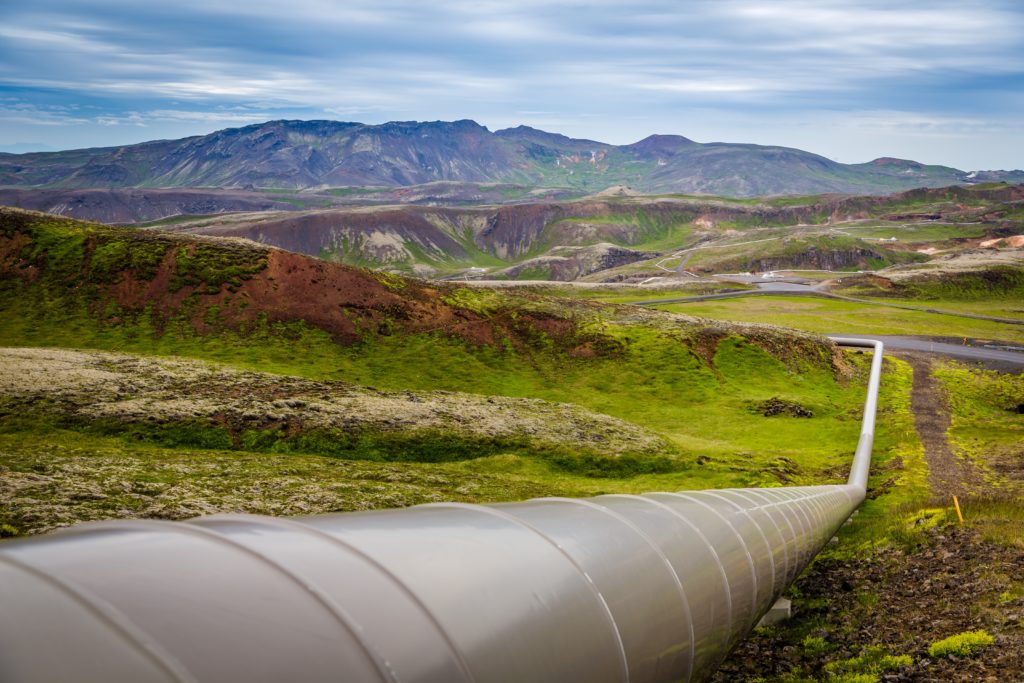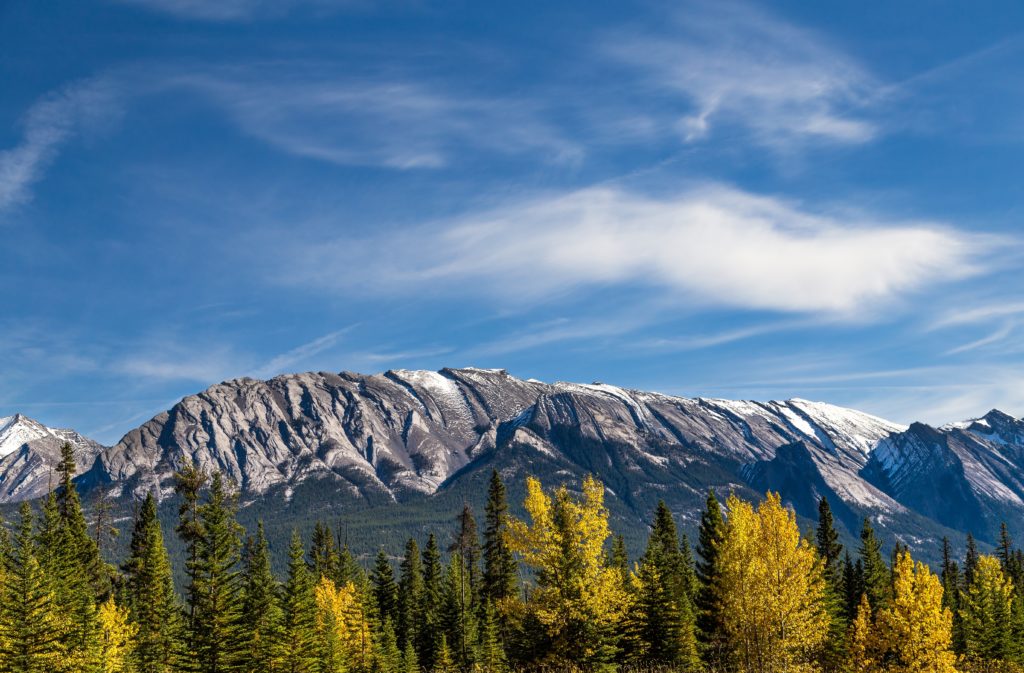Protestors have shut down Canada’s rail system—and it’s all because of a planned natural gas pipeline, slated to run through the lands of the Wet’sewet’en nation in British Columbia. The Wet’suwet’en nation and others standing in solidarity are doing everything they can to stop this project from going forward.
The TC Energy Corp’s planned Coastal GasLink pipeline is supposed to be built on “unceded territory.” This means land that is not governed by treaties between the Canadian government or indigenous nations. And the leaders of the Wet’suwet’en nation are divided regarding the best way to handle the issue. The elected officials support the pipeline, while the hereditary chiefs generally oppose it because of the potential environmental impact. But by now, it’s not just the Wet’suwet’en who are protesting. Members of other nations, as well as non-indigenous people who are concerned about the environmental impact, have joined in.

The railway blockade kicked off when police began arresting protestors in northern British Columbia. Right now, protestors have managed to essentially shut down freight and passenger railway services across Canada. They have also staged protests at various ports and government offices. It’s stirring up controversy, but there’s no doubt that they’ve got people listening. The government is currently trying to break up the protests and get rail services running again, but right now, the protestors are standing strong.
Injustice is a theme that runs through the history of the First Nations peoples of Canada and their treatment at the hands of the Canadian government. Over the centuries, they lost much of their land to white people and struggled under forced assimilation efforts. For example, indigenous children were often separated from their families and forced to attend residential schools. This brief list doesn’t even begin to sum up the tragedies that have taken place in recent history. And even today, the indigenous people of Canada still face discrimination and negligence. Many indigenous women have gone missing or been murdered over the last few decades, and law enforcement is not doing enough to address this pressing issue.
There’s no doubt that these blockades and protests have been inconvenient for some. However, temporary inconvenience is often the price that we have to pay for long-term progress. Organizers know that large protests can’t affect change until they give the government and big businesses a wake-up call, and they need to make it very clear that they won’t let up until their demands are met. Politely asking for change is not an effective tactic. Yes, some people may be frustrated with the protestors right now, but a protest that does not disrupt everyday life in some way is not going to be a successful protest.
Jason Kenney, who serves as the conservative premier in Alberta, claimed that these protests and blockades were not even about indigenous rights. While calling for the police to crackdown on the protestors, he stated, “This is not about Indigenous people. It’s not about carbon emissions. It’s about a hard-left ideology that is, frankly, opposed to the entire modern industrial economy.”

His statement is intentionally inflammatory—but there’s a kernel of truth to what he said. First and foremost, these protests are about the rights of indigenous people in Canada to preserve and protect their traditional lands. And overall, the protestors do care about decreasing carbon emissions. Many non-indigenous climate change activists have joined in with the protests, to support the Wet’suwet’en and to draw attention to the larger environmental issues at stake whenever a new pipeline is built.
However, this blockade does represent something else, too—a problem that is bigger than just this one pipeline. This is a great example of people taking direct action against the fossil fuel industry. The people who profit from this industry certainly don’t want similar protests like this to start popping up in other cities—especially because these protestors have taken things a step further than marching. By shutting down the railway services, they have shown just how powerful normal people can be when they organize together and demand change. However, you don’t have to consider yourself “far left” to understand why the Wet’suwet’en nation is against this pipeline, or why people are taking a hard stance against the fossil fuel industry. They may not be able to stop the pipeline from being built, but they will not go quietly. When we stand in solidarity together for a common cause, we’re more powerful than we think.
Also by Jane: Online Retailers Are Destroying Returned Products. Here’s What We Can Do
Related: Burning Sage To Cleanse Your Space? Why You’ll Want To Think Twice
Get more like this—Sign up for our daily inspirational newsletter for exclusive content!
__
Photo: Unsplash
